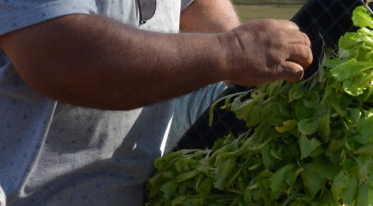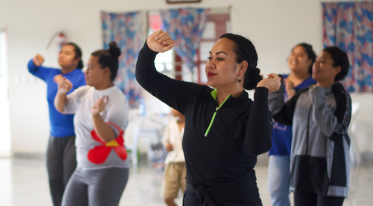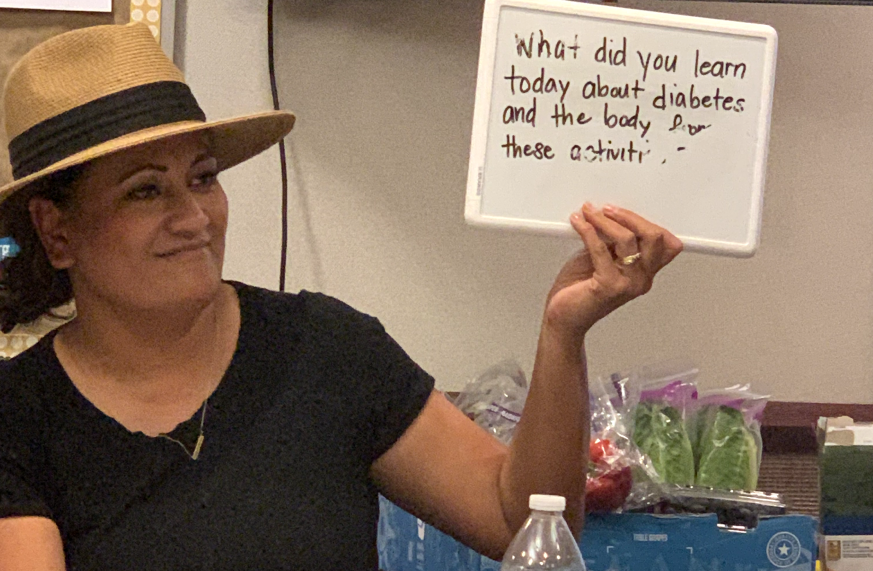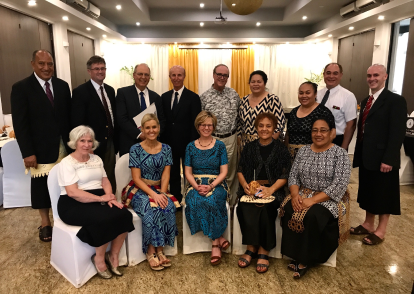
Medical Training
When local doctors and nurses adopt proven methods of surgery, wound care and collaboration, many more lives and limbs can be saved.
Even though diabetes only began to impact indigenous communities in the last century, it has become so prevalent that many have begun to accept it as a fact of life. But the truth is that for thousands of years this preventable disease was unheard of in native populations. We might not be able to return to the past, but through proactive interventions we can create a diabetes-free future. These are the ways ‘Amanaki Fo’ou is helping indigenous people to regain control over their bodies and their lives in the fight against diabetes.

When local doctors and nurses adopt proven methods of surgery, wound care and collaboration, many more lives and limbs can be saved.

Hope takes root when communities return to growing their own food to provide sustainable nutrition.

With a proactive approach to fitness, indigenous communities are taking back control of their health.

Learning to cook nutritious meals with natural ingredients is a recipe for a healthier future.

The best thing we can do to fight diabetes is to stop it before it ever starts.

By building relationships with local government and religious organizations, we amplify the reach of our vital message.

Chair of Treatment Team
Co-founder of ‘Amanaki Fo’ou’ with wife Andrea Ferguson
Since 2013, Rob Ferguson has been working with ministries of health, medical professionals, government leaders, and hospital and clinic staff to address the management, treatment, and education on the sequelae of diabetes. Rob is a reconstructive surgeon and hospital system medical officer with Intermountain Health (based in Salt Lake City, UT). His focus includes training teams on surgical management of diabetic complications as well as working with local teams to recruit volunteer specialists to meet their goals and needs.
Rob graduated from Brigham Young University prior to obtaining his medical degree from the University of Virginia. His surgical and specialty training programs include the University of Kentucky, MD Anderson Cancer Center (Houston, TX), and Chang Gung Memorial Hospital (Taipei, Taiwan). He obtained a masters in business administration from the University of Utah.
Share on